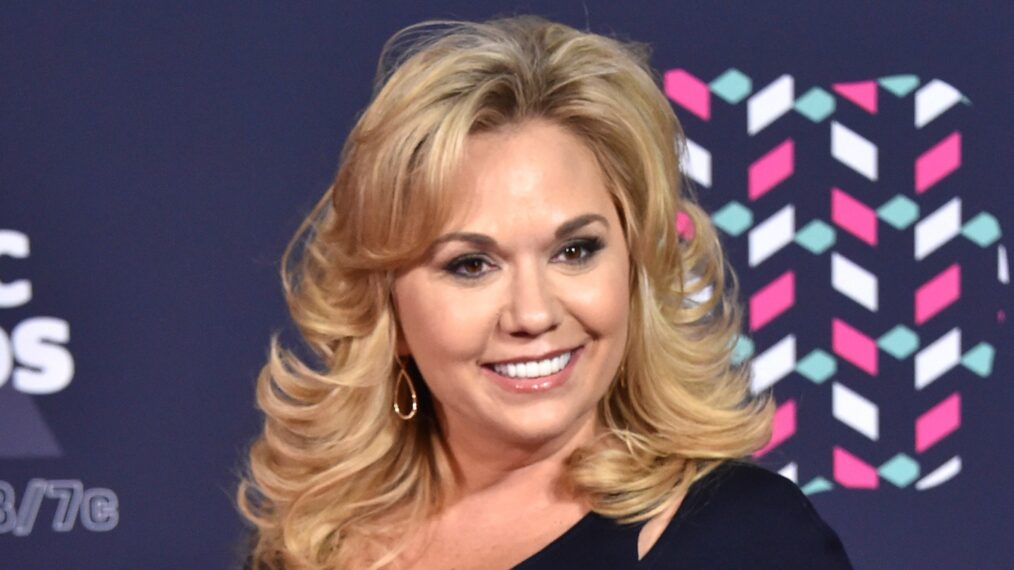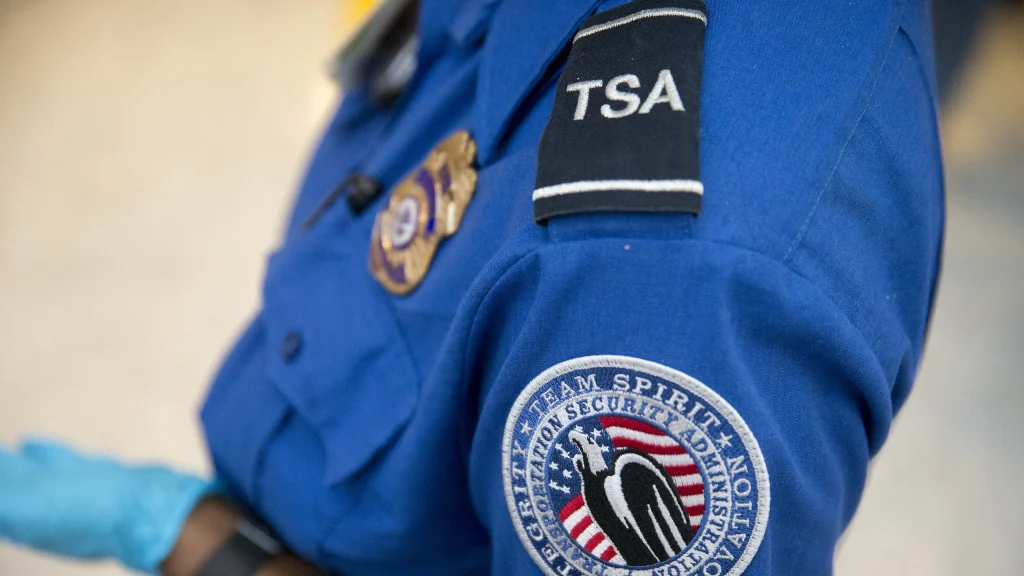From today, 5 January 2015, the Bar Standards Board (BSB) will accept applications from those wishing to set up BSB-regulated businesses ("entities"), owned and managed by lawyers, and which provide "reserved legal activities" such as appearing in court as an advocate. The barristers' regulator is due to begin authorising applications in April this year.
Barristers and other advocacy-focussed lawyers will now be able to form companies, become a partnership, or set up an LLP without having to change regulators. They will be better placed to pool resources and share the risks of investing in their own business.
The BSB believes that by becoming a regulator of entities it will help encourage new advocacy-focussed business models to emerge and flourish, which will broaden client choice.
The BSB is not yet proposing to authorise Alternative Business Structures (ABSs) - entities with non-lawyer owners and managers - but will in 2015 apply separately to the Legal Services Board to become a licensing authority of ABSs.
Director of Supervision for the BSB, Oliver Hanmer said, "This is a major chapter in the story of the Bar. Adjusting the way in which it does business is critical to the profession's posterity. In his review of criminal advocacy, Sir Bill Jeffrey was stark about the need for advocates to adapt the ways in which they do things in order to thrive in a changing market. As a regulator, it is our job to do what we can to enable barristers to alter the ways in which they can structure their practice so it better meets clients' needs."
In December 2014, shortly after its application to become a regulator of entities was approved, the BSB set out its fee structure <https://www.barstandardsboard.org.uk/regulatory-requirements/for-prospective-entities/fees/> for barristers and other lawyers who want to form entities under its regulatory regime.
Research published in summer 2014 <https://www.barstandardsboard.org.uk/media/1597662/biennial_survey_report_2013.pdf> by the BSB and the Bar Council showed there to be a clear interest across the Bar in setting up or becoming part of an entity:
- 34% of family barristers and 26% of criminal barristers had definite or possible intentions to become involved in an entity with only barristers as owners and managers;
- 26% of criminal barristers and 23% of family barristers had definite or potential plans regarding entities with barristers and other lawyers as owners and managers; and
- 18% of criminal barristers and 17% of family barristers had definite or potential plans regarding entities with barristers, other lawyers and lay people as owners and managers.















